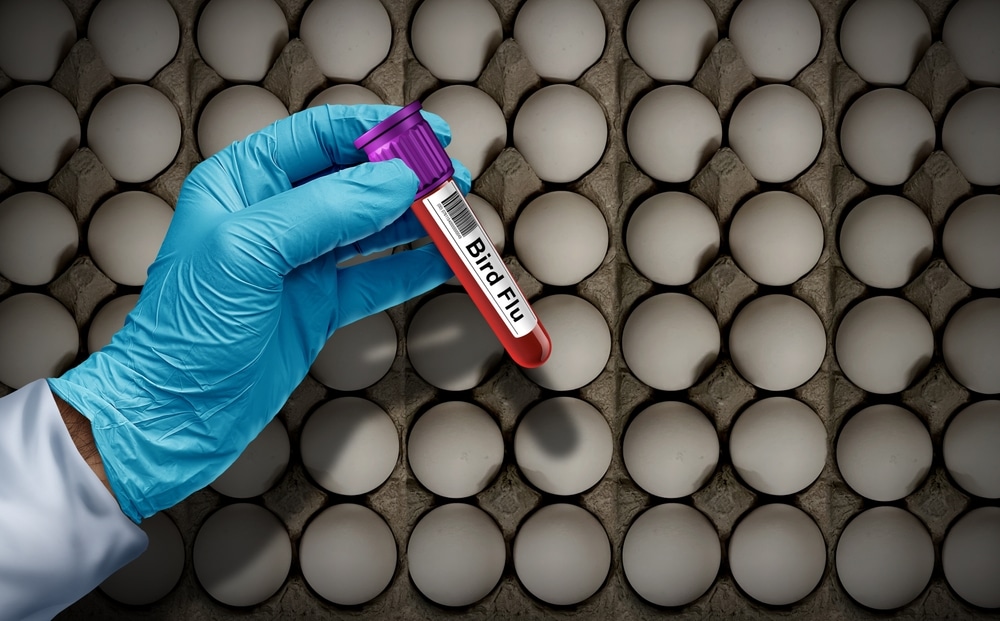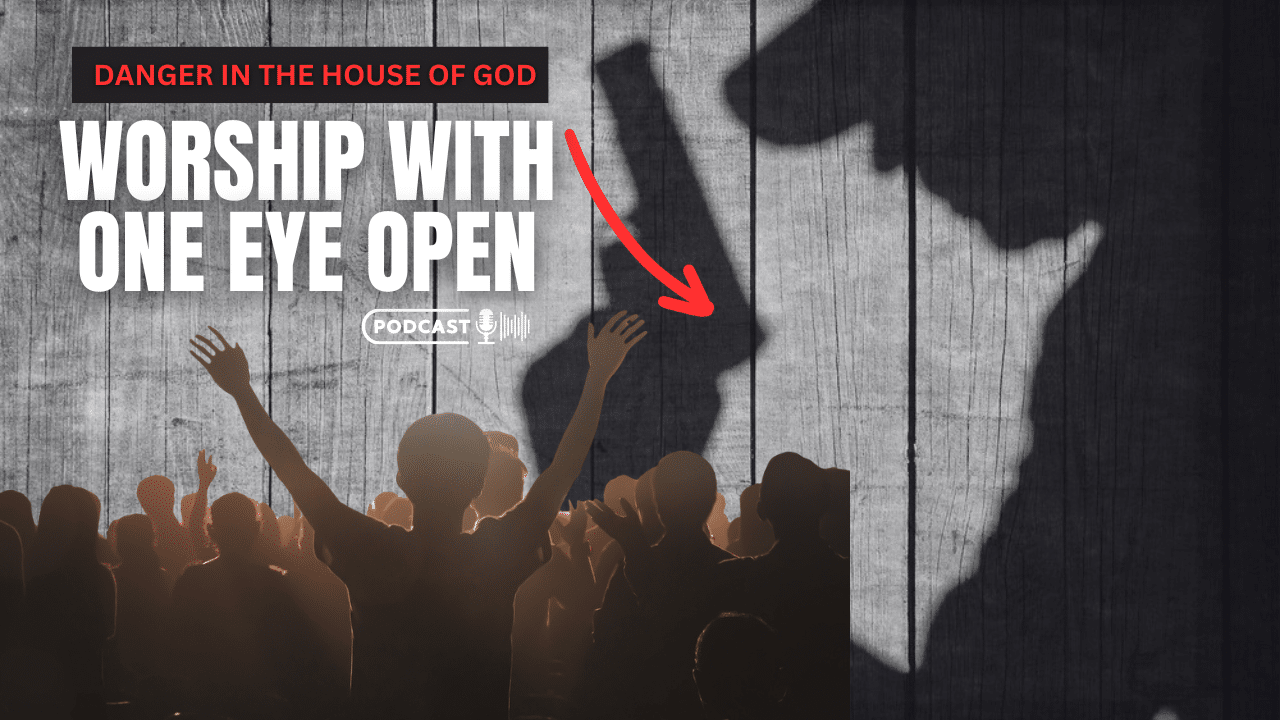Thousands of people have expressed interest in receiving one of Neuralink’s brain implants, according to a recent Bloomberg report from one of Elon Musk’s biographers, Ashlee Vance.
Neuralink, which Musk co-founded in 2016, has yet to implant its device in a human but aims to operate on 11 people next year and over 22,000 by 2030, according to Vance, who said he visited the company’s facilities 10 times over the course of three years.
Earlier this year, the US Food and Drug Administration gave Neuralink approval to launch human trials of its device, which Musk has described as a “Fitbit in your skull.”
The FDA had previously rejected Neuralink’s bid for human testing in March, Reuters reported, citing safety concerns, including that the wires connected to the brain chip could move around within a subject’s head or that the chip could potentially overheat.
In September, the company began recruiting for its very first human trial. Neuralink said in a blog post that it was looking for people who had paralysis in all four limbs due to a spinal cord injury or ALS.
The company eventually hopes to make a device that would create a sort of symbiosis between humans and machines and would allow people to send messages or play games, using only their thoughts. But, first the company aims to help people with neurological disorders.
Vance, who authored the 2015 biography “Elon Musk: Tesla, SpaceX, and the Quest for a Fantastic Future,” said in his report that despite “an outpouring of interest from thousands of prospective patients,” the company is still looking for its first volunteer or “someone willing to have a chunk of their skull removed by a surgeon so a large robot can insert a series of electrodes and superthin wires into their brain.”
Musk’s biographer said it takes a “couple of hours” for a surgeon to perform the craniectomy and then about 25 minutes for the robot to insert the device, along with its ultra-thin array of about 64 different threads.
The device will replace the portion of skull that had been removed. Vance said the threads are so thin they’re about 1/14 the width of a single strand of human hair.
Neuralink has done 155 implantation surgeries using the robot on a variety of animal test subjects, including pigs and monkeys, Vance wrote. But, in typical Musk fashion, the billionaire has continued to push for the robot to move faster, as well as for the surgery to be performed without human help. A spokesperson for Neuralink did not respond to a request for comment ahead of publication.


















